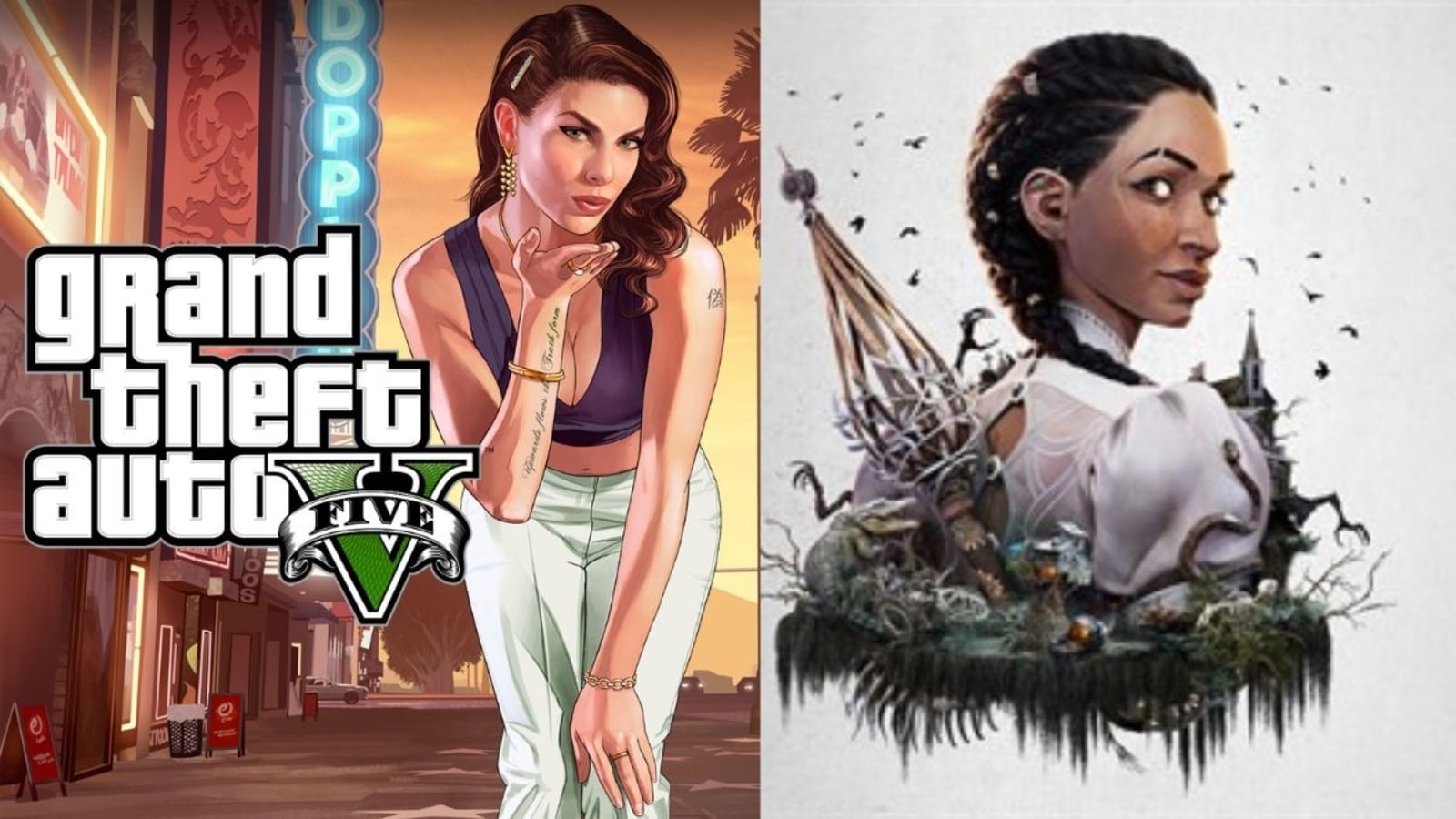When the title character in “Alice, Darling” makes her entrance, she looks the picture of the thoroughly modern, liberated, happy woman. From the outside, Alice (Anna Kendrick) seems to have it all or almost, including a career, dear friends, a nice Toronto pad and an attentive boyfriend. Look closer, though, and you can see the fissures surrounding her smile. The longer you look, the more numerous and deeper the cracks appear, making the impeccable image that Alice presents to the world seem concerningly, precariously fragile.
I’m not a Kendrick completist, but I’m always happy to see her. A pleasant, personable, ever-so-slightly off presence, she is one of those performers who looks like someone you know or would like to. She’s a fine actress with natural charm, and part of her appeal is that she excels at playing characters who seem recognizably real. Kendrick looks like a pal, like someone you went to high school with, although maybe didn’t get stoned with because she comes across as so straight — that is, if you ignore that she can also seem awfully tightly wound, like someone who needs to keep it together, like someone who’s performatively normal.
The sense that there’s more going on under Kendrick’s likable persona works well for both her character and for this movie, a liberation story that tracks Alice as she struggles to break free of her emotionally abusive lover and her paralyzing fears. Like everything else in Alice’s life, her boyfriend, Simon (Charlie Carrick), looks good from the outside. He’s a successful enough artist who’s worried about his upcoming gallery show. He’s nice looking, too, though his behavior — how he looms over Alice, how he scowls, the contempt that creeps into his voice, the insults that he rains down on her — makes him very ugly. And still, she loves him.
The story revs up when Alice takes a trip with two friends from childhood, Sophie (a necessary and strong Wunmi Mosaku) and Tess (an amusingly spiky Kaniehtiio Horn). Together, they set off to the countryside where Sophie’s parents have a waterside house. The plan is to hang out and celebrate Tess’s birthday, and the trip gives Alice an excuse to get away from Simon, who haunts both her sleep and her waking hours. Mostly, though, it allows the movie to get down to its unsurprising business: Cue the warm looks and fond memories, the booze and pinpricks of unease, some face-offs and a reckoning.
Written by Alanna Francis and directed by Mary Nighy, “Alice, Darling” has a jittery, intriguing premise that evokes classic gaslighting films. Alice’s rotten relationship and her inability to accept the truth about Simon stirs up tension and makes you feel something serious is at stake: You’re worriedly on her side from the start. Once the story moves to the country, though, it downshifts as it becomes a female friendship tale and the movie stalls. One issue is that the characters simply aren’t persuasive as a unit, and despite the performers’ efforts, their interactions never find the flow that comes with longtime intimacy, even when things have gone south. These women just don’t make any sense together.
The larger problem is that there’s not enough here — in story terms or in the filmmaking — to sustain even the movie’s 90 minutes. Sophie and Tess exchange puzzled looks amid the perfunctory staging and camerawork as Alice retreats and lashes out, including at herself. She briefly gets caught up in a search for a missing local woman, a grim subplot that’s presumably meant to serve as a cautionary tale but mostly comes across as padding. The filmmakers also fold in many flashbacks of Simon berating Alice, which make his emotional abuse incontrovertible but do little to bring her into focus. Kendrick looks suitably unhappy, and while you feel for her character, you mostly wish that this actress were in a better movie.
Alice, Darling
Rated R for partner emotional abuse, self-harm and violence. Running time: 1 hour 30 minutes. In theaters.
























